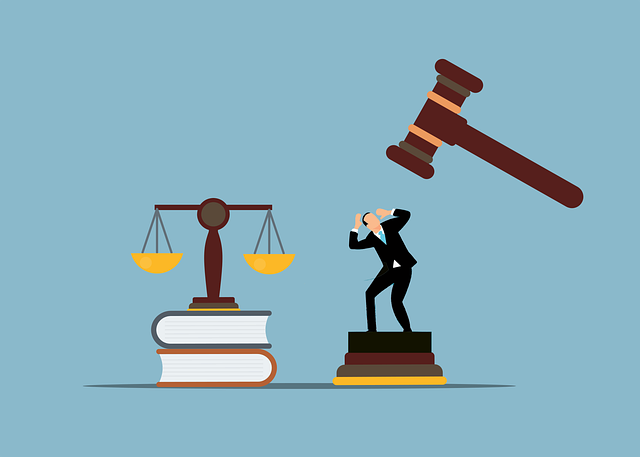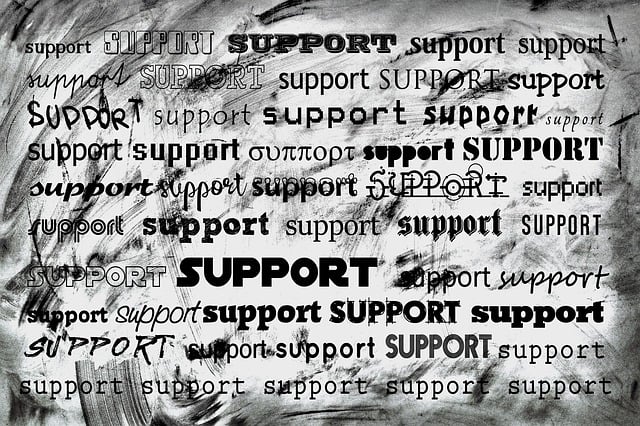Oregon provides robust legal frameworks and diverse legal support Oregon options for families involved in child welfare proceedings. Organizations like Legal Aid Services of Oregon (LASO) and the Oregon Law Center for the Disabled offer free or low-cost child welfare legal aid, covering protective orders, dependency cases, and more. Families can access these services based on financial need, with specialized guidance to navigate complex procedures and assert their rights effectively. Early engagement with non-profit organizations, government agencies, or the Oregon Department of Human Services' legal division ensures informed decision-making throughout the child welfare process.
“In Oregon, ensuring the well-being of children involves a robust legal framework and dedicated support systems. Understanding the state’s child welfare laws is crucial for parents and guardians seeking legal aid. This article provides an insightful guide to Oregon’s child welfare legal resources, focusing on eligibility criteria, key organizations offering assistance, and comprehensive support during each step of the process.
Discover how to access legal aid, navigate complex systems, and advocate for your rights with our detailed overview, catering to parents in need of reliable legal support services.”
- Understanding Oregon's Child Welfare Legal Framework
- Eligibility and Accessing Legal Aid for Families
- Key Organizations Providing Legal Support Services
- Types of Assistance Available for Child Welfare Cases
- Navigating the System: A Step-by-Step Guide for Parents
Understanding Oregon's Child Welfare Legal Framework

Oregon’s child welfare legal framework is designed to protect and promote the well-being of children within the state. Understanding this intricate system is crucial for individuals and families involved in child protective proceedings, as it provides a roadmap for navigating the legal support they require. The state offers various legal support Oregon resources specifically tailored to assist parents, guardians, and foster care providers in ensuring their rights are protected throughout these processes.
These child welfare legal aid services encompass a range of activities, from providing information on legal options and obligations to representing individuals in court. Organizations such as legal aid societies and non-profit agencies play a pivotal role in offering Oregon legal assistance, enabling families to understand and assert their rights effectively. By leveraging these legal support services, parents can better navigate the complexities of child welfare laws, ultimately fostering positive outcomes for both themselves and their children.
Eligibility and Accessing Legal Aid for Families

In Oregon, families facing child welfare issues can access valuable legal support to protect their rights and navigate complex procedures. Eligibility for legal aid is generally based on financial need, with a focus on ensuring fair representation for all involved. Income limits and household size are key factors in determining eligibility for free or low-cost legal services provided by qualified non-profit organizations. These organizations offer specialized child welfare legal aid, guiding families through the system and advocating for their rights.
To access these resources, families should reach out to local legal aid organizations or consult with a lawyer specializing in child welfare law. Online directories and government websites provide information on available services, eligibility criteria, and application processes. Navigating the legal support system can be challenging, but with the right resources, families can secure the legal assistance they need to ensure the best outcomes for their children.
Key Organizations Providing Legal Support Services

Oregon offers a range of key organizations dedicated to providing legal support services for child welfare cases. These groups play a vital role in ensuring that parents and guardians have access to justice and are equipped to navigate complex legal processes. Organizations like Legal Aid Services of Oregon (LASO) provide free or low-cost legal assistance, particularly for those who cannot afford private attorneys. Their expertise covers various aspects of child welfare law, including protective orders, dependency cases, and termination of parental rights.
Additionally, the Oregon Law Center for the Disabled (OLCD) offers legal support services tailored to ensure the rights of children with disabilities are protected within the child welfare system. They provide advocacy, education, and direct legal representation, helping families understand their entitlements and options. By offering these essential legal support services, these organizations empower parents to make informed decisions and navigate the legal complexities surrounding child welfare effectively.
Types of Assistance Available for Child Welfare Cases

When facing a child welfare case in Oregon, accessing the right legal support is crucial for ensuring the best possible outcome for both the child and their family. Legal aid organisations and government-funded programmes offer a range of services specifically tailored to help individuals navigate the complex legal system. These include providing legal advice, representation in court, assistance with paperwork, and education on parental rights and responsibilities.
Oregon residents can tap into various forms of legal support, such as free or low-cost legal aid from non-profit organisations, legal clinics affiliated with universities, and government agencies dedicated to child welfare. These resources cater to diverse needs, from helping parents understand their rights during an investigation to representing them in court proceedings. Navigating these legal support services can be a game-changer for families, ensuring they have the necessary tools to protect their interests and foster a safe environment for their children.
Navigating the System: A Step-by-Step Guide for Parents

Navigating the complex world of child welfare legal support can be daunting for parents in Oregon. The first step is to familiarize oneself with the available resources and organizations dedicated to providing legal aid. Many non-profit and government agencies offer specialized services, ensuring that families have access to knowledgeable professionals who understand the unique challenges within the child welfare system. These legal support services cover a range of topics, from understanding parental rights to representing parents in court proceedings.
A practical guide for parents could begin with identifying their specific needs—whether it’s assistance with a case assessment, representation during hearings, or guidance on developing a case plan. Once identified, families can reach out to local legal aid organizations or the Oregon Department of Human Services’ legal division. Many of these entities provide free or low-cost services and can offer a step-by-step approach to ensure parents feel supported throughout the process. This might include initial consultations, document preparation, and representation at crucial meetings or court appearances.
